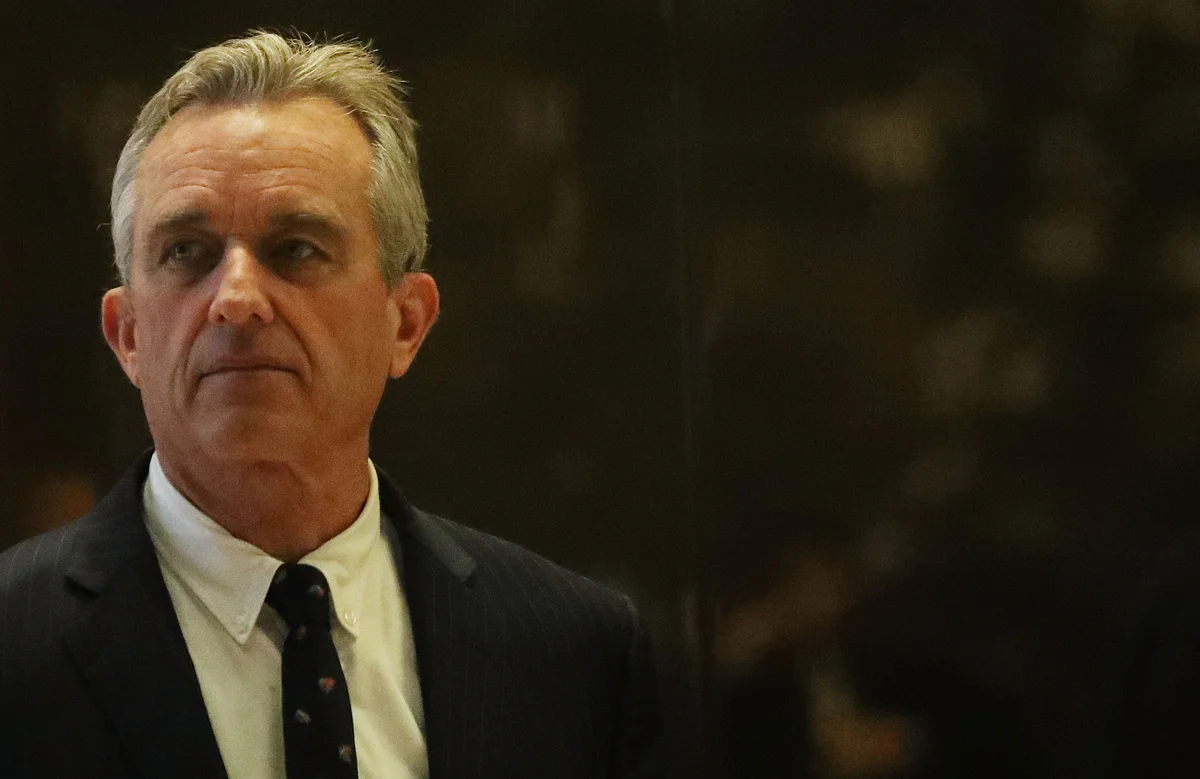Date: August 25, 2025
Health Secretary Robert F. Kennedy Jr. has accused the American Academy of Pediatrics (AAP) of promoting childhood vaccinations to benefit their pharmaceutical donors. However, this claim doesn’t hold up under scrutiny.
The Truth Behind Pediatric Vaccine Practices
- Pediatricians rarely profit from administering vaccines. In many cases, the cost and logistical burden of maintaining vaccine stock—especially in small practices—mean doctors often break even or even incur losses.
- Vaccine recommendations from pediatric associations are science-based, not financially driven. Physicians consistently cite peer-reviewed data and public health guidelines—not donor influence—when advising immunizations.
The Political Undercurrent
- Kennedy’s allegation comes amid a broader conflict between his health policy direction and established medical consensus. He has reshaped advisory bodies, and his stance diverges sharply from agencies like the CDC.
- The AAP, on the other hand, maintains that its guidelines, including those for COVID-19 shots in young children, are grounded in clinical evidence and the well-being of children—not tied to pharmaceutical funding.
Key Takeaways
| Claim | Truth Check |
|---|---|
| Pediatricians profit from vaccines | False—practices often lose money or break even on vaccines. |
| Vaccine recommendations are unbiased | True—the advice is based on scientific evidence and child health priorities. |
| AAP is unduly influenced by Big Pharma | Unsupported—the AAP cites science, not donations, in forming recommendations. |















Leave a Reply